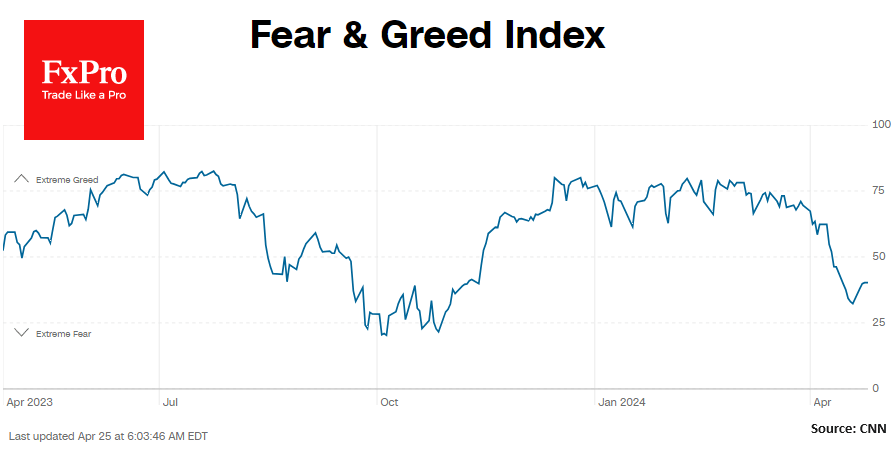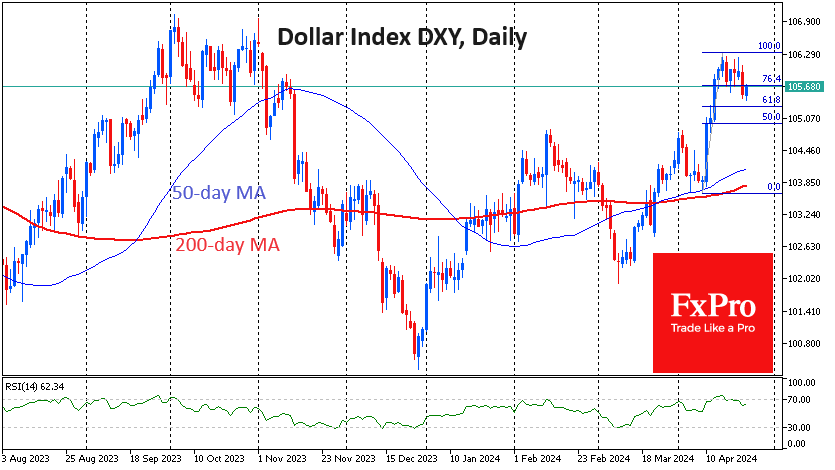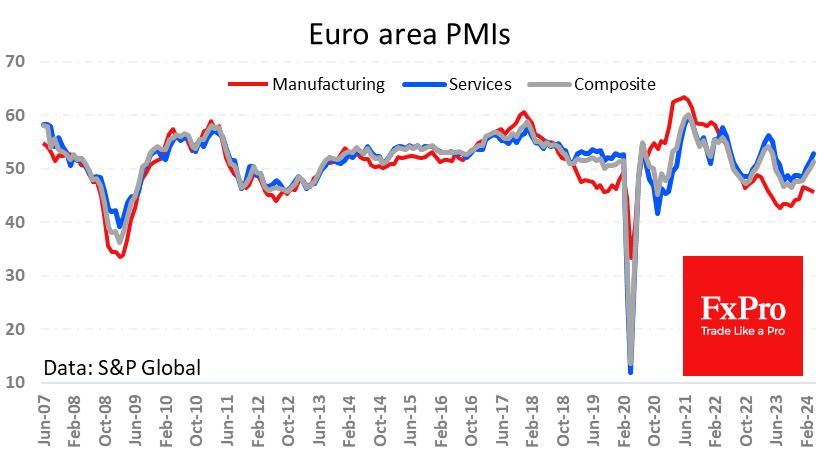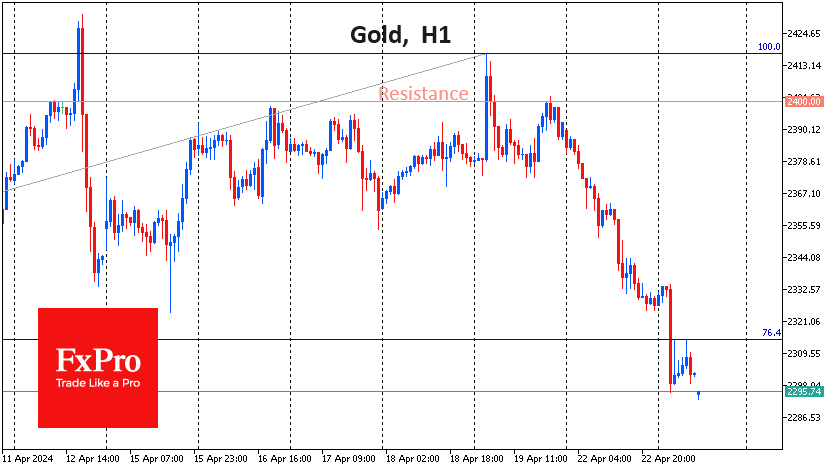U.S. pressure could accelerate growth for markets in Greater China
June 11, 2020 @ 09:08 +03:00
U.S. pressure on Chinese stocks looks set to accelerate the growth of capital markets in Hong Kong and mainland China, as investors remain intent on chasing opportunities in the world’s second-largest economy.
Congress is mulling a new law that could force Chinese companies to delist their stocks from American exchanges. The move builds on existing U.S.-China tensions, which began in earnest two years ago on trade, and have since spilled over into technology and finance. In mid-May, U.S. President Donald Trump’s administration told a federal pension fund to halt investments in Chinese stocks.

Revelation in April of major fraud at Luckin Coffee — which sold itself as a rival to Starbucks in China — accelerated U.S. concerns about lack of transparency into Chinese companies.
At the same time, major international stock and bond index managers have started to include mainland Chinese assets, following years of observation. The inclusion automatically adds some Chinese stocks to many investment funds. Money managers looking for long-term growth opportunities have increasingly turned to China, even before the coronavirus pandemic shocked global growth.
The New York Federal Reserve found that the U.S.-China trade war reduced the market capitalization of U.S.-listed companies by $1.7 trillion, with further hits to investment expected this year, according to a study published in late May.
Foreign funds flowing into China
In April, allocation to Chinese assets among more than 800 funds held steady from the prior month at almost a quarter of nearly $2 trillion in assets under management, according to the latest data available from EPFR. The data covers nine categories of stocks listed in mainland China, Hong Kong, Taiwan, the U.S. and Singapore.
Chinese government restrictions on cross-border capital flows have made it difficult for foreign funds to access domestic markets, making Hong Kong a more attractive option for international investors wanting to tap China.
Underdeveloped regulation on the mainland has also resulted in a rather heavy-handed approach to controlling China’s stock markets, which are dominated by retail investors who tend to speculate rather than invest for the long term. For years, many have dubbed the mainland Chinese stock market a “casino.”
However, analysts say Chinese markets are slowly maturing as more local institutions invest and regulation improves.
Foreign investor interest in mainland Chinese stocks has also increased. In late May, the Shenzhen Stock Exchange issued an alert that the foreign investment ratio in three stocks was nearing the 30% limit, the first time such a notice has been issued for three companies, according to China’s National Business Daily.
Foreign funds accounted for 3.5% of the A shares available for trading, according to data accessed through Wind Information, a financial database.
In 2018, 105 companies listed on mainland Chinese A share markets, down from 438 the prior year, according to Wind data.
When the STAR Market launched last year, it attracted 70 out of the 203 companies that went public, the data showed.
For this year through Tuesday, 39 of the 106 public offerings were on the STAR market, according to Wind.
The number of public offerings in Hong Kong has also climbed in the last several years, topping 160 last year and 55 for the year so far, according to Wind.
The semi-autonomous region has made it easier in recent years for biotechnology companies to list on its exchange. The Hong Kong Stock Exchange is already home to Chinese technology giants such as Tencent and Meituan-Dianping.
U.S. pressure could accelerate growth for markets in Greater China, CNBC, Jun 10







